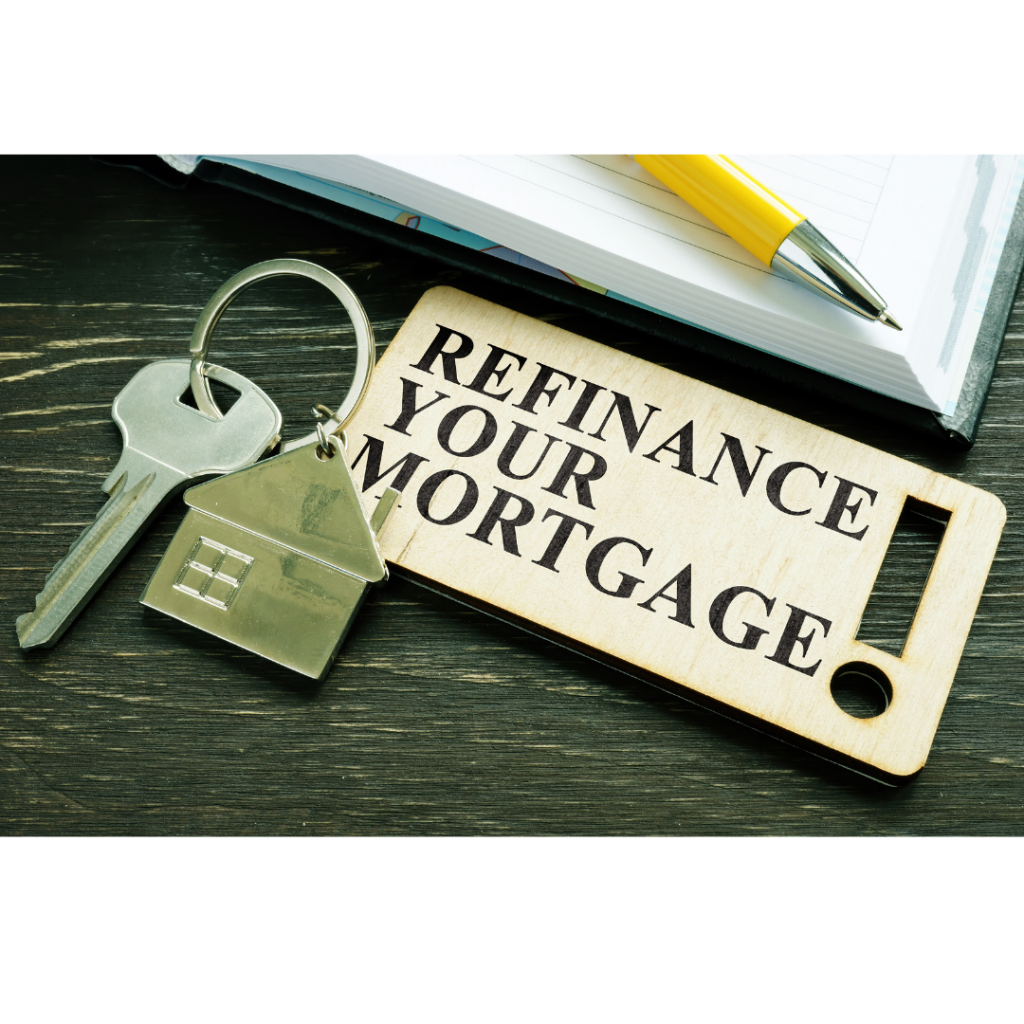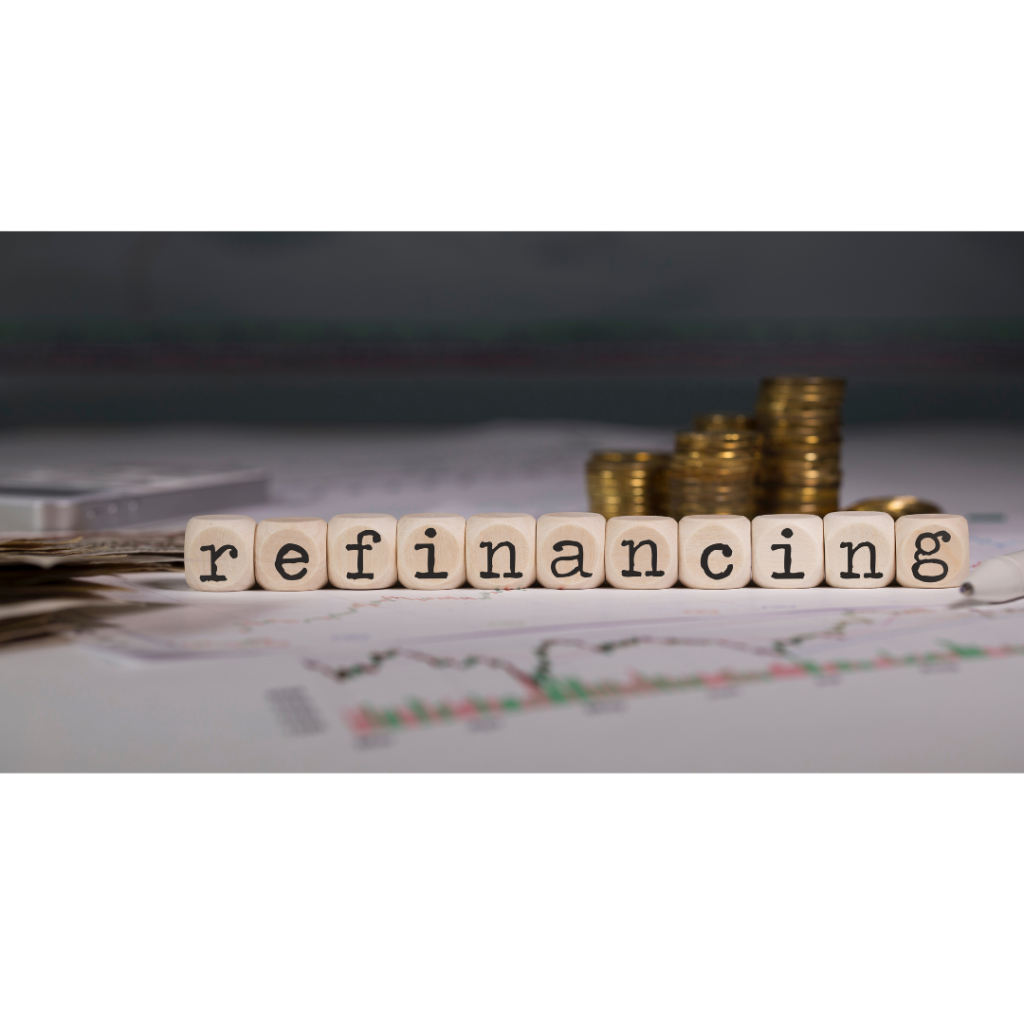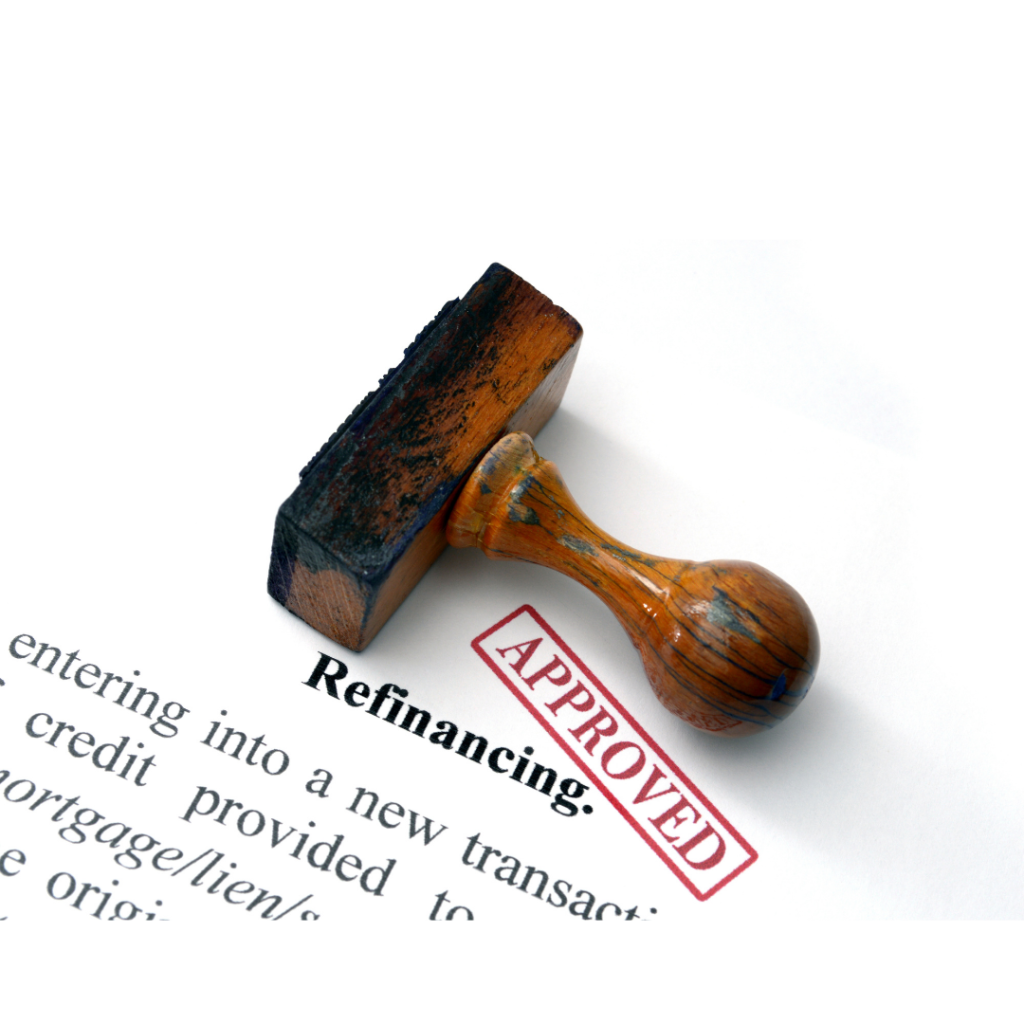Should I Refinance my Rental Property?
The Step by Step Guide to Refinancing Your Underlying Co-op Mortgage
December 28, 2021
How often should I refinance my investment property?
January 27, 2022Refinancing your investment property can sound a bit confusing. What is the benefit of a refinance? How do I know if I am getting a reasonable rate? This may be your first rental property or one of multiple, and you’re considering, “Is now the time to refinance?” You’ve likely heard the benefits of refinancing your primary residence, but did you know that you can apply those same benefits toward your investment property? Investment property refinances can create opportunities to manage your loan while providing money to reinvest into the property or additional properties.
Refinancing your investment property can sound a bit confusing. What is the benefit of a refinance? How do I know if I am getting a reasonable rate? This may be your first rental property or one of multiple, and you’re considering, “Is now the time to refinance?”
You’ve likely heard the benefits of refinancing your primary residence, but did you know that you can apply those same benefits toward your investment property? Investment property refinances can create opportunities to manage your loan while providing money to reinvest into the property or additional properties.

Let’s Break it Down:
Currently, mortgage rates are experiencing record lows and they are predicted to stay that way.
According to Fannie Mae, the 30-year, fixed-rate mortgage rate should estimate around 2.7 to 2.8% for the year.
Typically, investment property rates run higher than that of your primary residence. The reason is, they represent a more significant risk for lenders. Ultimately, banks and online lenders understand that if you run into financial difficulties (i.e., Covid unemployment), you may be limited in what you can afford. Therefore, you’re likely to choose your primary mortgage
payment. Not the rental. To account for the risk, you’ll see lenders charge more in interest. However, you still have options. An expert mortgage professional can help you navigate these situations and find opportunities to help with reducing your rate.
When to Refinance:
The best time to refinance your rental property is when the property’s value is rated high, and the interest rates are low. Of course, rates will continue to rise as the economy strengthens, but for now, you will still find that they are historically low. Even compared to before the recession hit.

By refinancing your property, you are able to:
- Lower your interest rate
- Change the mortgage term
- Fund other properties or make improvements
- Increase your rental income
Say it in Laymen’s Terms:
Comparing your current rate to other lenders like Rocket Mortgage, LendingOne, Citibank, and more, could offer insight into the market and where rates fall.
What about changing your mortgage term? Sure, paying more per month doesn’t exactly solve your financial hardship, but if you can refinance into a shorter term, you’ll sooner own your property free and clear versus paying interest only.
Alternatively, lengthening your term may be a viable option if you have trouble affording your monthly payment. Although extending your term to pay less each month can help in a bind, you will accrue more interest as you’re spreading your payments over time, but you will have the option to change it back once you regain financial stability.
It is helpful to note that altering the length of your mortgage does not always adjust your interest rate. This is where you and your mortgage professional will help to guide you through the options that best suit you.
Refinancing to Use the Home’s Equity:
Before this step, consider your goals. Are you going to use the funds from the rental property as a stream of cash flow that you are looking to increase? Is this going to be to finance a down payment on another property? Unlike other types of loans, there are limitless options available on what you can do with the money you earn through a refinance.
Many lending websites and mortgage experts have online “refinance” calculators to see if refinancing may be an option for you. If you have goals to plan a wedding, pay off medical debt, bump up your retirement fund, or even consolidate credit card debt, speak with a professional and decide what your options are.
Get the Most Rent Possible:
Make the investment worth your while, increase your rental income. Taking the additional funds from refinancing to make a few improvements and repairs may increase the value of your
property to potential tenants. If you’re looking to make a few upgrades, here is what we recommend: - Increase livable space. Make a basement or attic feel welcoming by insulating and adding carpet or laminate flooring.
- Repaint fresh, neutral colors. Brighter spaces feel more inviting, and potential tenants often feel like the space is move-in ready.
- Upgrading the furnace or central air.
- Upgrading the major appliances like a dishwasher, washer, and dryer, etc.
- A few touches to enhance the curb appeal can make an investment property feel like home to someone new.
The opportunities are limitless, and you’ll know what suits your budget and client needs best.
The goal overall is to improve the livability of tenants and increase the value of the home. You’ll be able to charge more in rent for the improvements, and if/when you decide to sell, you will make your money back by selling the property for more money.
I’ve Decided to Refinance, Now What?
Before applying, keep in mind that the requirements for refinancing a rental property can differ slightly from a traditional refinance. What to consider: - Credit. Know where you stand with your credit, and be sure that it is in good shape before applying. Some lenders offer programs such as “Fresh Start” with Rocket Mortgage to help improve credit by guiding you through your debt. You are likely to get approved for a refinance with a credit score of at least 620, but scores that fall between
670-800 will offer you the lowest rates. - Loan-to-value ratio. As mentioned earlier, lenders understand that investment properties assume more risk. Therefore, they will ask that you have more equity built up than you would with a traditional mortgage.
- Eligible income. This may not be an issue for some, but if you are self-employed, this is where the process can become a bit confusing. How much money you earn and where the income comes from matters. A good reference is to have 6-12 months’ worth of payments in the bank to show lenders that you can manage costs even if a property is
vacant. - Debt-to-income ratio. Lenders will look at the amount of money coming in versus money going out to verify that you are not taking on more debt than you can keep up with. Your total monthly debt requirement will be divided by your monthly income to determine your DTI. To be eligible, you will need a DTI under 50%.
Get a Head Start:
Now that you have a baseline understanding of the process and requirements let’s discuss the list of documents your lender will need from you. - Proof of income. If you are self-employed, you may need a bank statement or other applicable form of income validation. Otherwise, original pay stubs from the previous 30 days will suffice.
- Copies of your W-2 or 1099 forms. Lenders need to verify your employment history and income. If you are self-employed, you may need to provide a complete tax return.
These documents are necessary for everyone listed on the loan. Only copies are required, no need to worry about finding originals. - Proof of homeowners insurance. Similar to insurance on a leased car, you need to prove that you have adequate coverage on the home to protect your investment. Usually, the most recent bill will satisfy the requirement.
- Copy of your title insurance. Your title insurance is proof that the property you are refinancing is legally yours. This also provides the lender with details of the home, a legal description, and tax information.
- Copies of your asset information. In addition to the documents pertinent to the home, your lender will need to see statements of assets. This can include bank statements, investment account information, and retirement accounts.
Once you have all the documents together, you can reach out to your mortgage professional to begin the process.
Last Steps: - Apply. Refinancing is often less complicated than buying a home, and with the right team, you can have a seamless experience. You’ll reach out to your preferred lender to begin the application, submit the documents above, and provide any additional documents they may need specific to your application.
- Lock Your Refinanced Rate. Once your lender reviews your application and approves it, they will provide you with an offer that you can compare to other lender offers. Once you decide on which rate suits you best, lock it. If you wait, the rate offered could increase, and the offer will have to be reevaluated. Depending on the lender, rate locks will typically last between 30 and 60 days. Communication throughout the process is key to knowing your timeframe and next steps.
- Wait for Underwriting. Once you have accepted the offer and locked the rate, the application goes into underwriting. The process is long and involves examining all of the documents you have provided to ensure they are clear and free of errors. If anything is seen as a discrepancy, this is where they will ask for clarification.
- Loan Closes. Once your loan passes underwriting and gets the “clear to close,” you’ll review the final contract with your lender, pay closing costs, and officially close the loan.
The entire refinancing process can take between a month to 45 days. If there are additional documents needed, the process can extend beyond that.

What are the Disadvantages?
Refinancing isn’t always the best option in many situations. Here are a couple of reasons why it may not work for you. To start, closing costs are not usually considered a factor when deciding to refinance. Closing costs can run several thousand dollars that you may or may not be available.
Often, lenders will roll these costs into the loan to lessen the burden. Still, in doing so, it could ineffectively eliminate the savings you have just received during the refinance process.
Alternatively, refinancing will reset the amortization schedule, which brings you back to paying interest first. The more payments made during the mortgage term, the more of your payments begin going toward the principal. When you refinance, the schedule resets, and payments mostly go towards interest again.
As it takes time to rebuild equity in the property, it’s important to evaluate which options are suitable for you. But, again, having a mortgage professional is essential to guiding you through the process and ensuring you don’t over-extend income.

What’s Next?
Ready to take the next step? You are in the right place. Our experts here at Aurum Sharpe are specialists with non-traditional loans. Having been nominated in 2020 and 2021 as, “The Best Mortgage Company in Brooklyn, NY,” you can feel confident knowing that they will address every situation with knowledge and experience.
Schedule your first call with the team and find a solution tailored to you. Call us at 9177404325.
Links to sources:
https://www.millionacres.com/real-estate-financing/articles/should-you-refinance-your-investment-property-in-2021/u
https://loans.usnews.com/articles/how-to-refinance-a-rental-property
https://www.fortunebuilders.com/refinance-your-rental-property/
https://www.rocketmortgage.com/learn/financing-multiple-rental-properties
Mortgage Rates
DSCR Mortgage: 7.375%
Commercial Mortgage: 7.5%
Single family, Condo Investment Property: 7.375%
Portfolio of Residential Homes: 7.5%
Calculate Your Monthly Payment
Mortgage Information
Monthly Payment
Principal and Interest: $0
Total Monthly Payment: $0



